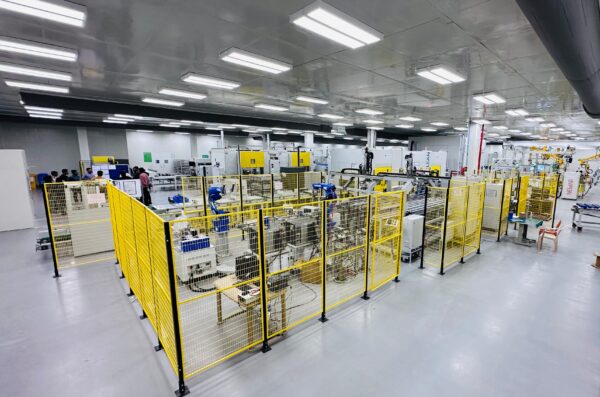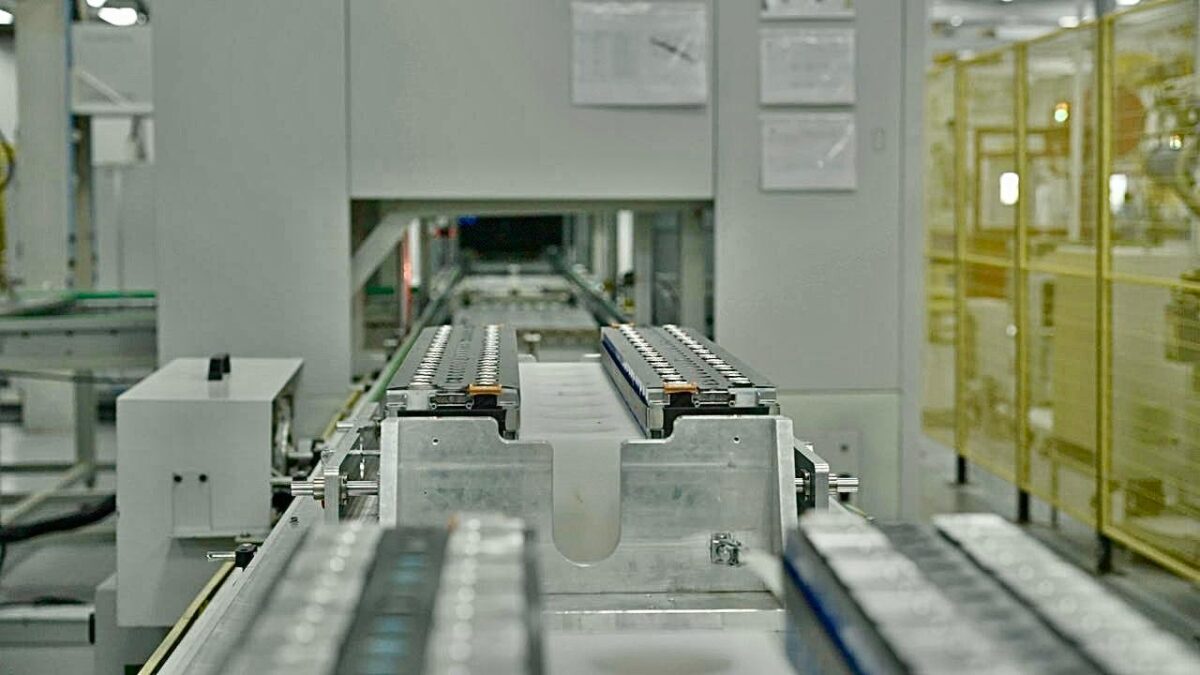Replus, part of the LNJ Bhilwara Group, has announced plans to expand its current 1 GWh battery production facility to 6 GWh within the next year. With this expansion, the facility will incorporate next-generation battery technologies to serve the electric vehicle (EV) and energy storage system (ESS) markets in India.
Replus stated that its upgraded 6 GWh facility will leverage automation, artificial intelligence, and data-driven manufacturing, integrating real-time monitoring, machine vision, robotic systems, automated material handling, and laser welding to enhance efficiency while embracing sustainability to minimize carbon footprint.
To meet the evolving needs of the market, the plant will adopt a cell chemistry- and technology-agnostic approach with the capability to handle high-energy-density cells, blade cells, and future cell chemistries including Na-ion, LMFP, and LTO.
The plant will cater to a variety of electric vehicles (EV passenger vehicles, EV buses, and EV trucks) and grid-scale renewable energy plants with advanced battery packs and liquid-cooled battery energy storage system (BESS) container solutions.
Established in 2019, REPLUS Engitech has total experience of 70 MWh of BESS projects for power and energy segment with confirmed order pipeline of 600 MWh BESS projects and 300 MWh EV battery packs. The company has established a fully automated 1 GWh of cell-to-pack manufacturing facility at Pune to cater the demand of e-mobility and stationary storage applications in India. The company plans to grow exponentially in energy storage over the next few years in India and internationally.

Replus
This content is protected by copyright and may not be reused. If you want to cooperate with us and would like to reuse some of our content, please contact: editors@pv-magazine.com.









1 comment
By submitting this form you agree to pv magazine using your data for the purposes of publishing your comment.
Your personal data will only be disclosed or otherwise transmitted to third parties for the purposes of spam filtering or if this is necessary for technical maintenance of the website. Any other transfer to third parties will not take place unless this is justified on the basis of applicable data protection regulations or if pv magazine is legally obliged to do so.
You may revoke this consent at any time with effect for the future, in which case your personal data will be deleted immediately. Otherwise, your data will be deleted if pv magazine has processed your request or the purpose of data storage is fulfilled.
Further information on data privacy can be found in our Data Protection Policy.